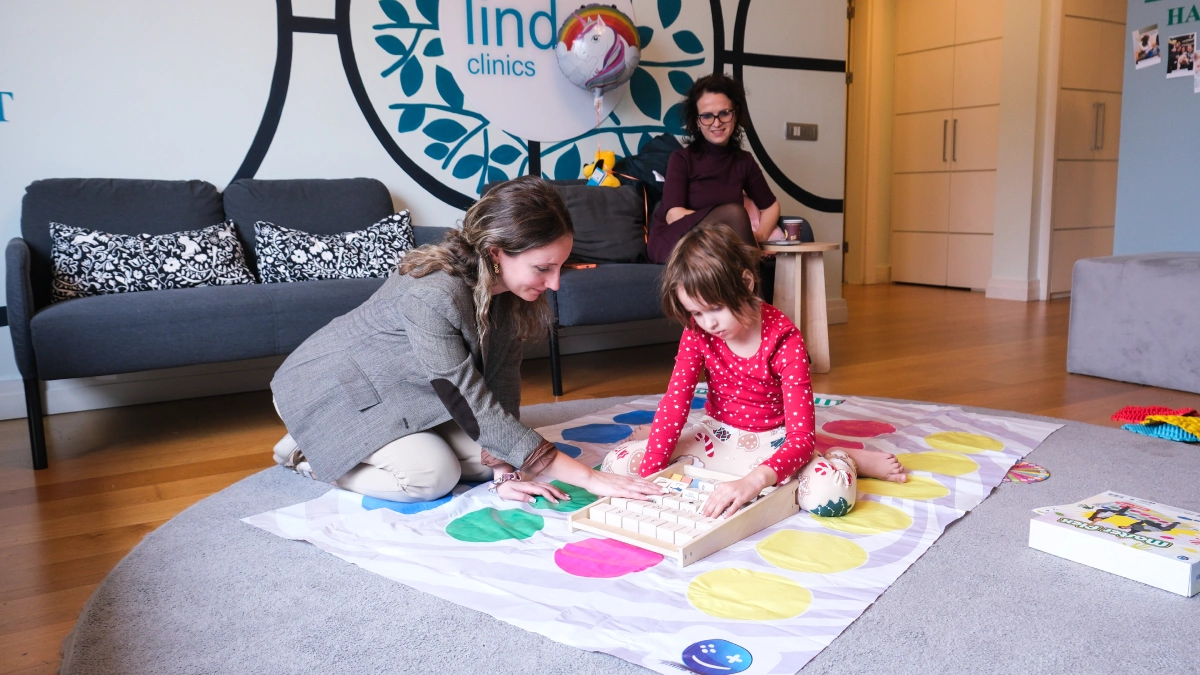Table of Contents
Understanding Anxiety in Autism Spectrum Disorder
Anxiety is a common yet often overlooked challenge for individuals with Autism Spectrum Disorder (ASD). Studies show that up to 40–50% of individuals with autism experience clinically significant anxiety, impacting their social interactions, learning, and daily life. As families explore treatments, Stem Cell Therapy for Autism Reviews increasingly highlight promising possibilities for easing anxiety symptoms alongside core ASD traits.
Over the past decade, Best Stem Cell Clinics for Autism worldwide have reported positive outcomes, sparking interest among parents and medical professionals alike. But how does anxiety intertwine with autism, and can cutting-edge therapies like stem cell treatment make a real difference?
Why Anxiety is So Common in Autism
Research, including findings from the National Institute of Mental Health (NIMH), explains that differences in brain structure and neurotransmitter function may predispose individuals with ASD to anxiety. Key factors include:
- Sensory Sensitivities: Overwhelming sensory input can trigger or exacerbate anxiety.
- Social Challenges: Difficulty interpreting social cues leads to increased uncertainty and stress.
- Rigid Thinking: Trouble adapting to changes fuels anxiety around unpredictability.
Experienced clinicians have long observed that anxiety in autism often presents differently. For instance, a child may show aggression or shutdown behaviors rather than verbalizing worry. Recognizing these signs is crucial for early intervention.
Can Stem Cell Therapy Help with Anxiety in Autism?
Over recent years, Stem Cell Therapy Autism Clinical Trials have investigated the potential of stem cells to reduce inflammation, promote neurogenesis, and improve brain connectivity — all of which can influence anxiety regulation.
According to a 2020 review published in Frontiers in Psychiatry, stem cell interventions showed significant improvements not only in social and communication skills but also in anxiety levels for certain children with ASD.
Drawing from Stem Cell Therapy Success Stories Autism, many parents report that after treatment:
- Their child shows increased emotional regulation.
- Meltdowns related to anxiety are less frequent.
- Sleep patterns, often disrupted by anxiety, significantly improve.
While outcomes vary, these real-life experiences align with emerging scientific findings.
Important Considerations
Before pursuing stem cell treatment, families naturally have many questions. Let’s address some key points:
- How Effective is Stem Cell Therapy for Autism? Success rates differ based on the individual’s profile and treatment protocols. Linden Health report improvements in 85% of cases.
- Stem Cell Therapy Autism Side Effects: Commonly reported side effects are mild and temporary, such as low-grade fever or fatigue.

What the Research Says
The body of Stem Cell Therapy Autism Research continues to grow. Leading institutions like Duke University have pioneered clinical trials showing safe application and measurable improvements in some children.
According to a 2022 analysis in Stem Cells Translational Medicine, autologous cord blood infusions led to improved attention and decreased anxiety in a subset of children with ASD.
Choosing the Best Stem Cell Clinic for Autism
When selecting a clinic, consider these criteria:
- Transparent Stem Cell Therapy Autism Success Rate: Clinics should openly share their outcomes, protocols, and potential risks.
- Ongoing Monitoring: Post-treatment support and follow-up evaluations show a clinic’s commitment to patient care.
If you’re looking for Best Stem Cell Clinics for Autism, prioritize centers that integrate a multidisciplinary approach involving nutrition, psychology, and regenerative medicine experts.
Conclusion: A Hopeful Future for Anxiety in Autism
Anxiety in individuals with autism is a major concern, but new therapies like stem cell treatments offer fresh hope. Backed by Stem Cell Therapy for Autism Reviews, growing clinical evidence, and countless Stem Cell Therapy Success Stories Autism, many families are finding new ways to enhance their loved ones’ quality of life.
While it’s essential to stay realistic and informed, the potential of stem cell therapy deserves recognition — especially when pursued through trusted, evidence-based programs.
If you’re considering stem cell therapy for a loved one with autism, consulting with experienced providers is your first step toward an informed decision.
FAQ Section
How effective is stem cell therapy for autism-related anxiety?
Many Stem Cell Therapy for Autism Reviews report reduced anxiety symptoms, improved emotional regulation, and better adaptability after treatment.
Are there any risks involved?
Stem Cell Therapy Autism Side Effects are usually mild and temporary.
Where can I find the best stem cell clinics for autism?
Search for Best Stem Cell Clinics for Autism that have a strong record of clinical research, patient safety, and personalized treatment plans.
